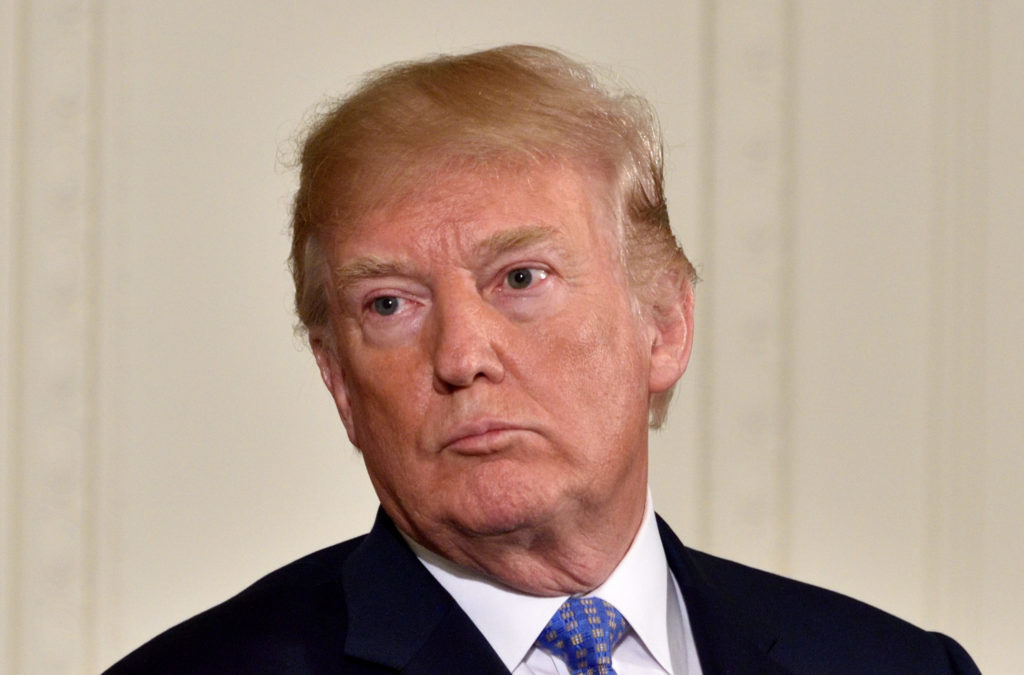Federal judge delivers bodyblow to Republican election-rigging in Florida

Florida has become something of a source of concern over the last two decades when it comes to elections. The Sunshine State has voted for the winner of nearly every presidential election since 1956, including two of the most controversial ones in history – in 2000, when George W. Bush won the Electoral College by just 537 votes, and 2016, when Donald Trump took the state with just enough votes to avoid a recount. We saw something similar happen last year when Andrew Gillum and Bill Nelson lost their respective races for governor and senate, even though they were comfortably ahead of their Republican opponents for much of the race and Florida Democrats in House races all outperformed their polls.
We’re still not quite sure what to make of what’s happening in Florida – whether it’s an elaborate scheme Republicans have for stealing elections, or if Florida is gradually turning into a red state. Since Gillum ran as a progressive and Nelson ran as a moderate, this theory seems rather unlikely. What is clear, however, is that Republicans may have lost one of their recurring advantages on Friday, when a federal judge ordered the state to stop its practice of routinely listing Republicans first on the election ballots, something he cited as an unfair electoral advantage.
In the ruling, Judge Mark Walker documented that listing them first on the ballot gives them as much as a 5% advantage on Election Day, something that experts call the primacy effect. The lawsuit was brought about by several groups affiliated with the Democratic Party, including the Democratic National Committee and the Democratic Congressional Campaign Committee. Republican organizations even openly tried to defend the advantage of being first on the ballot, saying they would be directly harmed as a result, even though Florida law simply requires that the political party that won the most recent race for governor be listed first on the ballot.
The new ruling, however, requires that they find a new way to list political parties and candidates on the ballot, and do so before the 2020 election. We have yet to see if Republicans have more tricks up their sleeves before next year’s elections, but the bottom line is that the state is once again in serious play when it comes to the presidency.
James Sullivan is the assistant editor of Brain World Magazine and an advocate of science-based policy making
